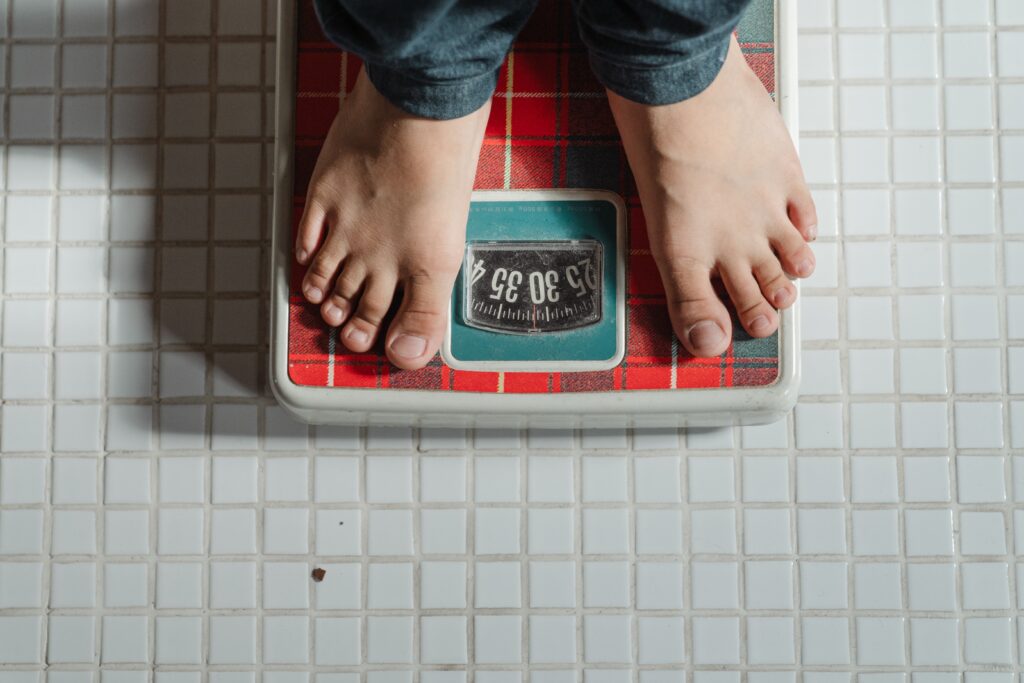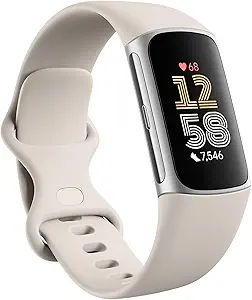The Surprising Truth About Meal Timing
When to Eat for Maximum Fat Loss? Did you know that eating at the wrong time of day can reduce your fat-burning potential by up to 50%? According to recent studies, when you eat might be just as important as what you eat. Let’s dive into how you can optimize your meal timing to unlock maximum fat loss!
Introduction: Why Meal Timing Matters
When to Eat for Maximum Fat Loss? Meal timing is a topic often overlooked in the world of fat loss. While many focus on counting calories or eliminating certain food groups, the timing of your meals could significantly influence how your body stores or burns fat. Imagine harnessing the power of your body’s natural rhythms to supercharge your weight loss journey. This isn’t about following another diet fad but aligning with science to achieve accurate, sustainable results.

The Problem: Myths and Misconceptions About Meal Timing
When to Eat for Maximum Fat Loss? Confusion abounds regarding meal timing and its effects on fat loss. Here are some of the most common misconceptions:
- Myth #1: Skipping Breakfast Leads to Fat Gain. Many believe that skipping breakfast slows your metabolism and causes weight gain. But is this true for everyone?
- Myth #2: Eating Late at Night Always Causes Weight Gain. While late-night snacking can sometimes be problematic, it depends on the individual and the type of food consumed.
- Myth #3: Frequent Small Meals Boost Metabolism. The idea that eating six small meals a day keeps your metabolism “fired up” has been largely debunked.
These misconceptions often frustrate people, wondering why their efforts to lose fat aren’t yielding results. The good news? Science provides clarity on when to eat for maximum fat loss.

Exploration: The Science of Meal Timing
When to Eat for Maximum Fat Loss? Your Circadian Rhythm and Fat Loss
When to Eat for Maximum Fat Loss? Your body operates on a 24-hour internal clock known as the circadian rhythm. This rhythm affects everything from your sleep patterns to hormone levels and fat metabolism. Research shows that your body processes food more efficiently at certain times of the day:
- Morning: Your insulin sensitivity is highest in the morning, so your body can better handle carbohydrates and convert them into energy rather than storing them as fat.
- Evening: Metabolic rates slow down, making the body more prone to storing excess calories as fat.

When to Eat for Maximum Fat Loss? The Role of Fasting
Intermittent fasting (IF) has gained popularity as a meal-timing strategy. Intermittent fasting (IF) helps your body use fat for energy. It does this by increasing the time between your last and first meals the next day. Studies suggest that fasting for 12-16 hours can enhance fat oxidation and improve metabolic health.

Fitbit Charge 6 Fitness Tracker with Heart Rate, GPS, Premium Membership, Health Tools – Porcelain/Silver
Studies and Expert Insights
- Front-Loading Calories: A 2013 study in Obesity found that individuals who consumed more calories earlier in the day (breakfast and lunch) lost more weight than those who ate most of their calories at dinner.
- Time-Restricted Eating (TRE): TRE, a form of intermittent fasting, has been shown to improve fat loss by syncing food intake with circadian rhythms. Eating within a 6-10 hour window during the day can optimize fat-burning hormones like insulin and leptin.
- Late-Night Eating: A study published in The American Journal of Clinical Nutrition found that eating late at night was associated with reduced fat oxidation and increased weight gain over time.

Are you struggling with low back & hip pain? Strengthening exercises can also help prevent tightness and weakness in your hip flexors. The good news is that there is a primal stretch” that instantly helps release your hip flexors.
Climax: Strategies for Maximum Fat Loss
Based on the science, here are the most effective meal-timing strategies to accelerate fat loss:
1. Eat the Majority of Your Calories Earlier in the Day
Plan your largest meal for breakfast or lunch. This helps your body utilize the energy more efficiently and prevents fat storage.
2. Adopt Time-Restricted Eating
Limit your eating window to 8-10 hours during the day. For example, eat your first meal at 10 a.m. and your last by 6 p.m.
3. When to Eat for Maximum Fat Loss? Avoid Late-Night Eating
Minimize food intake at least 2-3 hours before bedtime. This not only aids fat loss but also improves sleep quality—a crucial factor for weight management.
4. Prioritize Protein Timing
Ensure each meal includes a source of lean protein to maintain muscle mass and promote satiety. Protein also requires more energy to digest, boosting your calorie burn.
5. When to Eat for Maximum Fat Loss? Carbohydrate Cycling
Consume more carbs earlier in the day or during workouts when your body is better equipped to use them for energy rather than storing them as fat.

Electroslim is an electrolyte powder full of essential minerals that give an electric charge to your metabolism and force your body to burn fat as energy
Conclusion: Timing Is Everything
Meal timing is not a one-size-fits-all solution, but its impact on fat loss is undeniable. You can maximize fat loss while maintaining energy and overall health by aligning your eating habits with your body’s natural rhythms and adopting evidence-based practices like time-restricted eating.
To recap:
- Prioritize eating earlier in the day.
- Experiment with intermittent fasting or time-restricted eating.
- Avoid heavy meals late at night.
- Balance your macronutrient intake throughout the day, focusing on protein.
Consistency is key, so choose a meal-timing strategy that fits your lifestyle.

THE SMOOTHIE DIET is a new system that promises to help you lose weight and feel great. It can transform your life and make you feel better than ever before.
Call to Action
What meal-timing strategies have you tried? Share your experiences in the comments below! And if you’re eager to learn more about optimizing your nutrition, check out our video on The Best Foods for Fat Loss. Together, we can achieve your fitness goals!